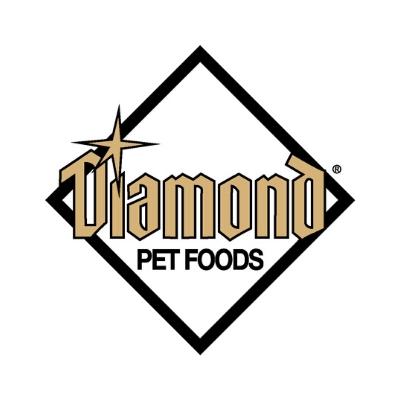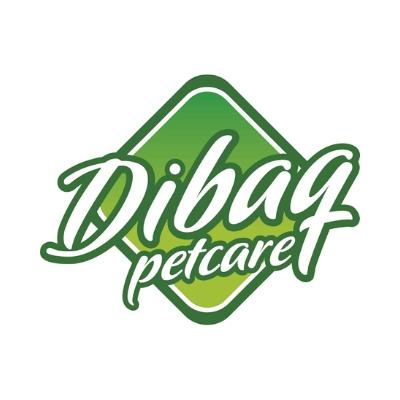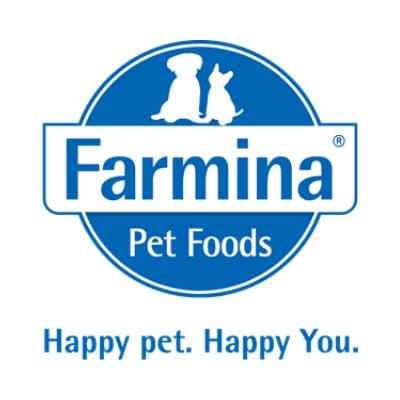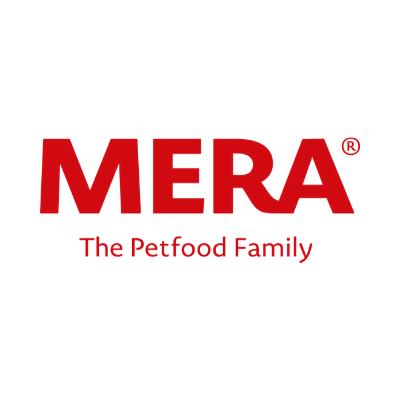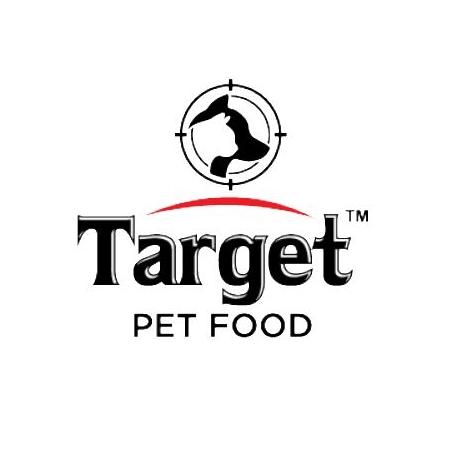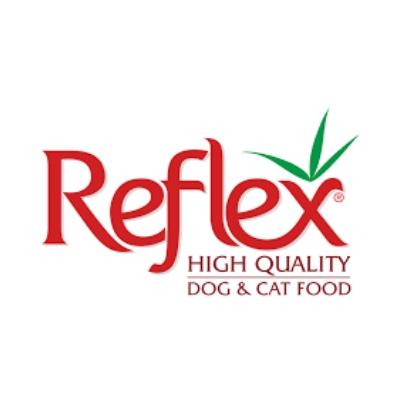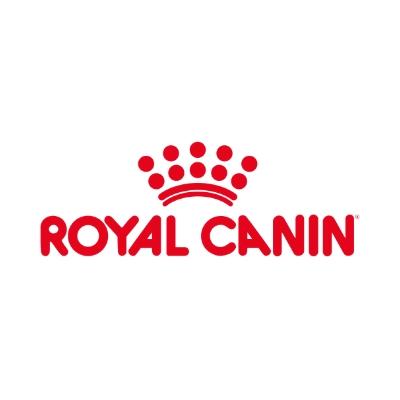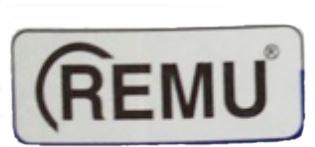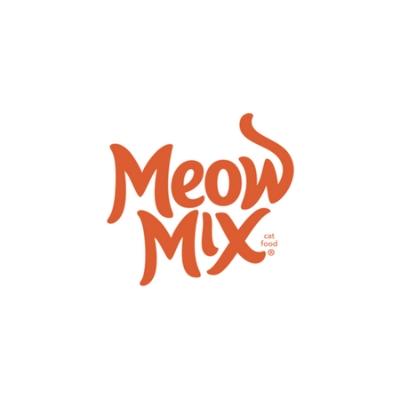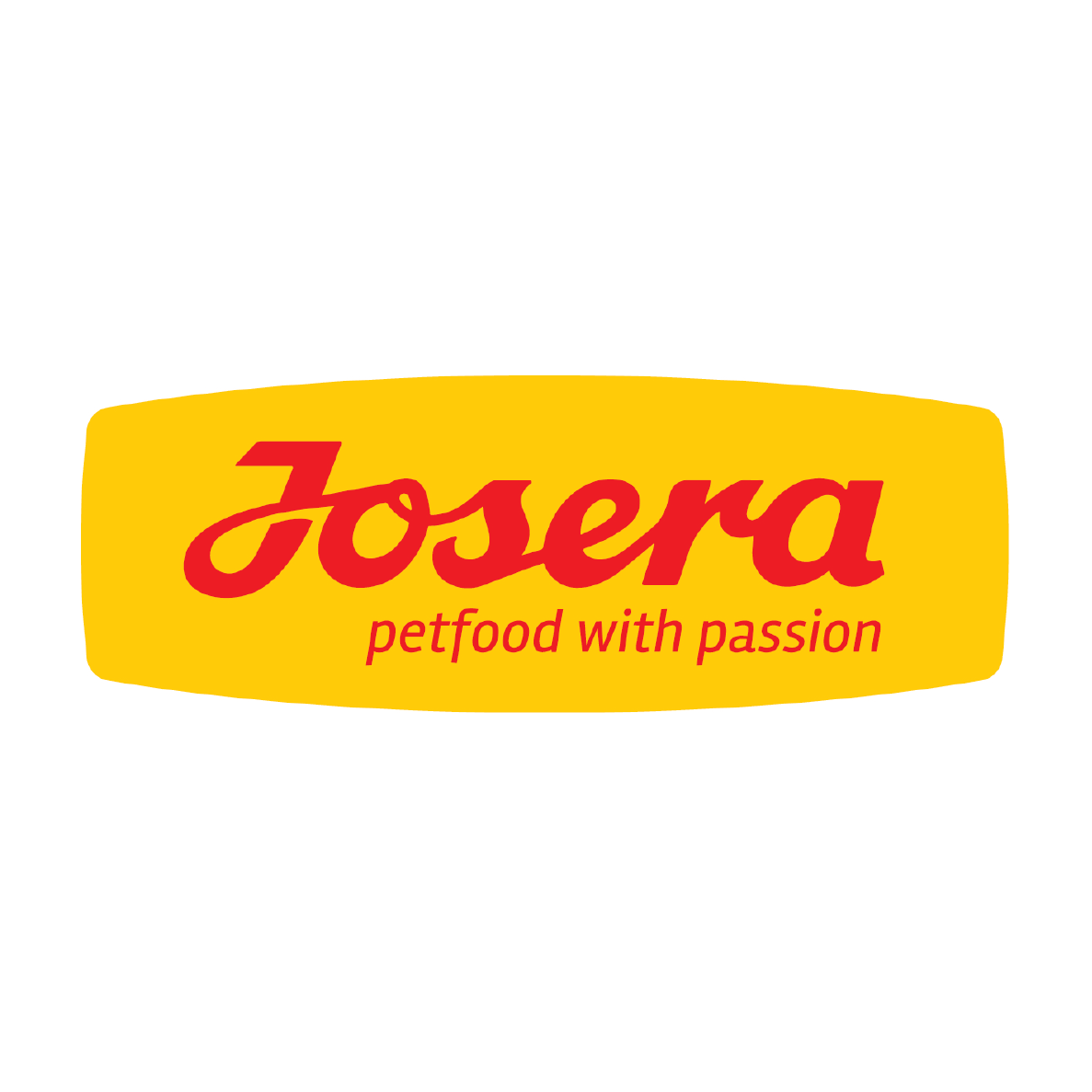Dog Leukemia
Introduction
Leukemia is a progressive, malignant disease of the blood and blood-forming tissues of the body. Malignant diseases are those that tend to be invasive and to progressively worsen with time. They also are prone to metastasize, which means that the disease process moves from one organ or part of the body to others. In other words, malignant metastatic diseases usually spread from the area where they originate to one or more other places in the animal's body. This makes them especially dangerous and life-threatening.
Leukemia is characterized by the out-of-control growth of white blood cells, which are also called "leukocytes." The abnormal proliferation of leukocytes and their precursors takes place in a dog's blood and bone marrow. White blood cells are critical components of an animal's immune system. The main function of leukocytes is to protect the body against infection by bacterial, viral, fungal and other microorganisms. There are a number of different types of white blood cells (basophils, eosinophils, neutrophils, lymphocytes, monocytes and platelets). Each these cell types can give rise to a specific form of leukemia.
Leukemia can be acute or chronic. Acute leukemia is characterized by the uncontrolled proliferation of immature cancerous white blood cells in the bone marrow that normally would develop into mature white blood cells. These are called "precursors" of normal mature leukocytes. Chronic leukemia is characterized by the abnormal overgrowth of mature malignant white blood cells in the blood and bone marrow. As mentioned above, the precise classification of the leukemia depends upon the type of white blood cell whose growth has gone awry.
Causes & Prevention
Causes of Leukemia
As with most other types of cancer, the causes of leukemia are not well-understood. Most leukemias in domestic dogs are thought to develop spontaneously after the dog is born. Exposure to radiation, infection by viruses and exposure to certain toxic chemical substances have all been suggested by various experts as being possible causes of or contributors to canine leukemia. However, there currently are no reliable, repeatable scientific studies that establish the contribution of these or other substances or organisms to the development of this disease.
Whatever their particular cell type or origin, leukemia cells multiply in the bone marrow and ultimately end up in circulating blood. They rapidly become space-occupying and crowd out normal bone marrow cells that otherwise would develop into healthy, mature red blood cells (erythrocytes) and white blood cells (leukocytes). This abnormal alteration of the microenvironment within the bone marrow causes a cascade of consequences, including low numbers of healthy circulating red and white blood cells. Because healthy white blood cells are essential to a normal immune response, dogs with leukemia have impaired immune systems, which in turn cause the weakness, infection and other general signs associated with the disease. Cancerous leukemia cells tend to accumulate and multiply in the spleen and liver, and to a lesser degree in the kidneys, lymph nodes, central nervous system and gastrointestinal tract. This eventually disrupts the normal function of those organs and tissues, worsening the dog's symptoms.
Prevention of Leukemia
Because the causes of canine leukemia are not known, there really is no realistic way to prevent the onset of this type of cancer in dogs.
Special Notes
Both the acute and chronic forms of leukemia are uncommon in companion dogs. However, they do occasionally occur. Acute leukemia has a much worse prognosis than chronic leukemia, with death to be expected within a matter of weeks after diagnosis in most cases.
Symptoms & Signs
How Leukemia Affects Dogs
The symptoms of leukemia in dogs tend to be vague and non-specific. They often mimic the symptoms of many other systemic diseases - those that affect multiple organs or body systems – and usually involve general symptoms of weakness, fatigue and nausea, none of which can be pleasant for the affected animals.
Symptoms of Leukemia
Owners of dogs with leukemia may notice one or more of the following clinical signs:
Fever
Lack of appetite (inappetence; anorexia)
Weight loss
Weakness
Lethargy
General malaise
Abdominal pain (gastrointestinal disturbances)
Abdominal distention
Vomiting
Diarrhea
Pale mucous membranes (pallor)
Enlarged lymph nodes (lymphadenomegaly; lymphadenopathy; usually mild)
Enlarged spleen (splenomegaly; usually marked)
Enlarged liver (hepatomegaly)
Bleeding disorders (internal or external hemorrhage; nose bleeds [epistaxis]; unusual bruising)
Lameness (with bone involvement)
Dehydration
Difficulty breathing (labored breathing; dyspnea)
Elevated respiratory rate (tachypnea)
Elevated heart rate (tachycardia)
Increased frequency and volume of urination (polyuria)
Increased thirst and water intake (polydipsia)
Dogs at Increased Risk
Acute leukemia is more common in middle-aged dogs, averaging about 5 to 6 years of age. Chronic leukemia is more prevalent in older dogs. However, dogs of any age can be affected by either form of this disease.
Diagnosis & Tests
How Leukemia is Diagnosed
Many times, an abnormally high number of leukemic cells will be found in circulating blood on routine blood work, including a complete blood count and peripheral blood smears. The results of these tests can raise a high degree of suspicion that leukemia is responsible for the dog's symptoms of unwellness. A serum biochemistry profile on a blood sample, and a urinalysis on a urine sample, can provide additional valuable information about the dog's overall health.
The most definitive way to confirm a diagnosis of leukemia is by bone marrow aspiration and/or core biopsy. These procedures involve inserting a rigid, hollow needle into the marrow-containing center of long or flat bones and extracting a marrow sample into an attached syringe. In medium and large dogs, the preferred sample site is a specific area of one of the pelvic bones called the iliac crest; in smaller dogs, most veterinarians will take the sample from another area of the hip called the trochanteric fossa. These procedures require sedation or general anesthesia for immobilization and comfort of the dog, because they can be quite painful as skin, muscles, nerves and other tissues are penetrated by the biopsy instruments. The samples will be submitted to a diagnostic laboratory for microscopic assessment through a process called cytology.
Enlarged lymph nodes, liver and spleen can be sampled by taking fine needle aspirates and evaluating the samples microscopically, to determine whether the tissues are infiltrated with cancerous leukocytes. Thoracic (chest) and abdominal radiographs (X-rays), instead of or together with thoracic and abdominal ultrasound, may provide additional information to the attending veterinarian, such as revealing an enlarged liver, spleen, lymph nodes or other organs.
Special Notes
Dogs with leukemia have compromised immune systems. They should be isolated from other sick animals – especially those with infectious diseases - and probably should not be taken to dog shows, dog parks, boarding facilities or other areas that may have been frequented by dogs of unknown health status.
Treatment Options
Treatment Options
In most cases leukemia can be treated or managed, but rarely can it be cured. Treatment goals are to eradicate the cancerous leukocytes if possible, restore normal bone marrow production of red and white blood cells and their precursors, provide good supportive care to the dog and relieve the patient's discomfort. Remission, which is the reduction or temporary cessation of the observable signs of an illness, is the ultimate therapeutic goal of treating leukemia. Veterinary oncologists, who have specialized training in diagnosing and treating canine cancers, should be consulted to get the best diagnostic and treatment advice in any given case.
Dogs with acute leukemia usually require aggressive inpatient supportive care. This typically involves intravenous fluid therapy, administration of broad-spectrum antibiotics and possibly blood transfusions if the dog is suffering from severe anemia. Forced nutritional support may also be necessary, especially if the dog has not eaten for several days. Dogs with chronic leukemia may or may not require such intensive supportive care, although antibiotics are often part of their treatment protocol, as well.
The classic treatment for canine leukemia is chemotherapy. Chemotherapy involves treating the disease with anti-cancer drugs that target rapidly dividing or growing cells. Unfortunately, the cells lining the gastrointestinal tract are normally rapidly dividing and growing, which is why chemotherapeutic treatment is often associated with nausea, vomiting, diarrhea and other forms of gastrointestinal distress. While chemotherapy will not "cure" leukemia, it can help put the disease into remission by killing many if not most of the circulating malignant white blood cells. The affected dog may need to be hospitalized during the treatment process, because chemotherapeutic medications are potent, powerful and can have a number of potentially dangerous side effects. Dogs that respond well to chemotherapy may need to be treated periodically for the rest of their lives.
Prognosis
Unfortunately, the prognosis for dogs with acute leukemia is poor. However, current statistics are not especially reliable, because acute leukemias are relatively rare and many owners elect to euthenize their dogs at or shortly after the time of diagnosis rather than pursue a course of chemotherapy. The disease progresses rapidly, and most dogs suffering from acute leukemia are quite ill by the time their condition is diagnosed. If they are not treated or only receive supportive care, average survival times may be less than 4 weeks. Chemotherapy may or may not increase that period to several months or more. Either way, the outlook is not good.
Dogs with slow-onset, chronic leukemia have a better long-term prognosis. With appropriate supportive care and a good response to chemotherapy, survival times of 1 to 6 years have been reported, depending upon the white blood cell line involved. Chronic leukemias tend to progress slowly, which is largely why affected dogs have a better chance of enjoying longer survival times than do those with acute-onset leukemia.










